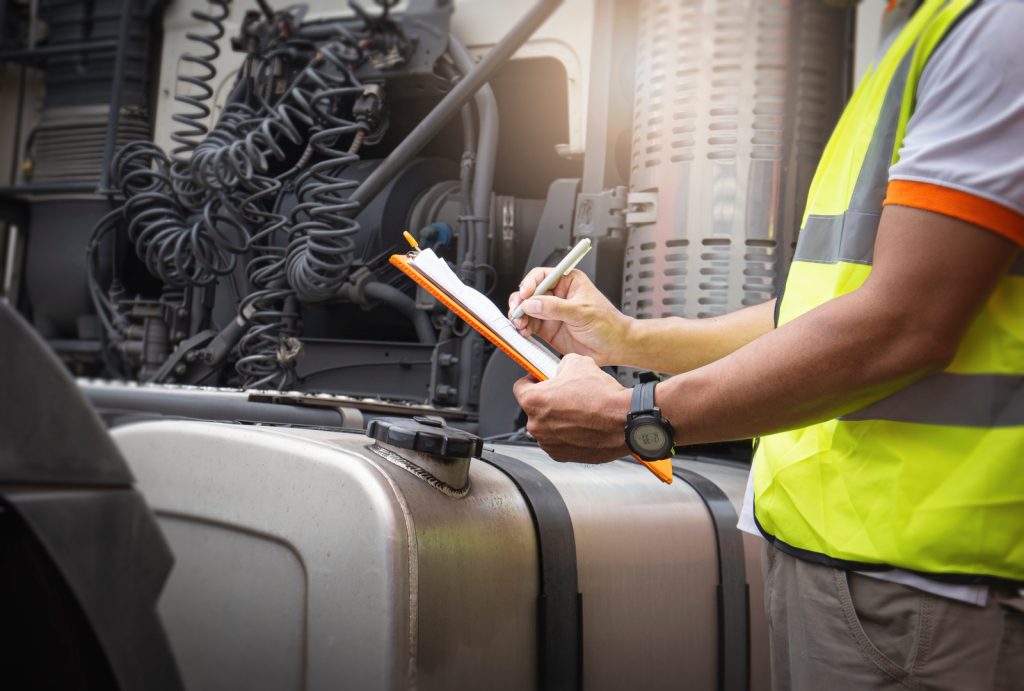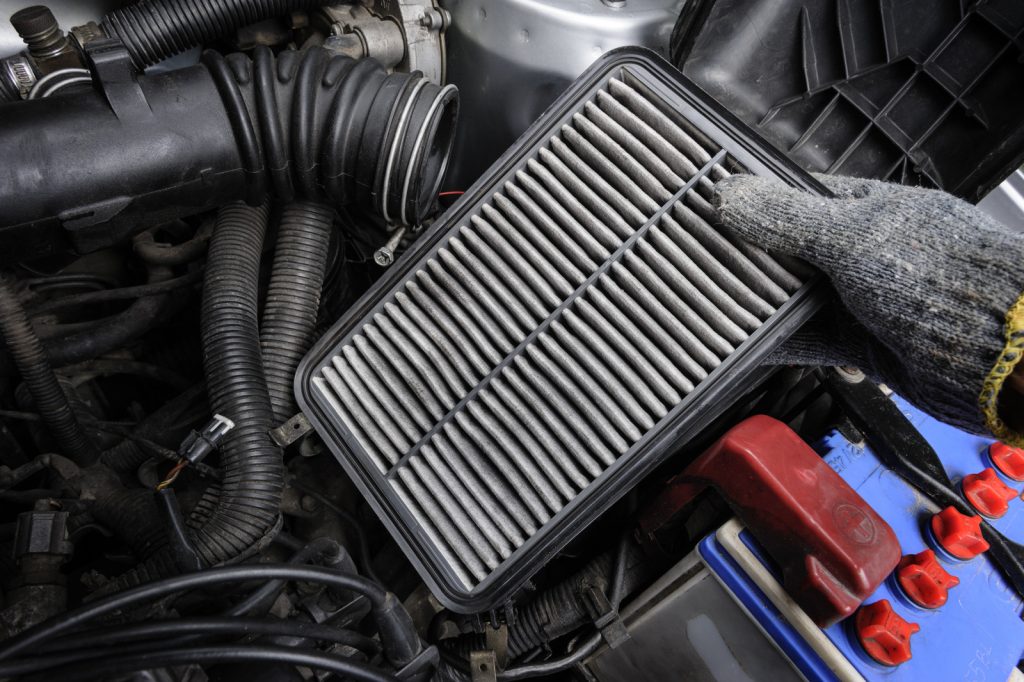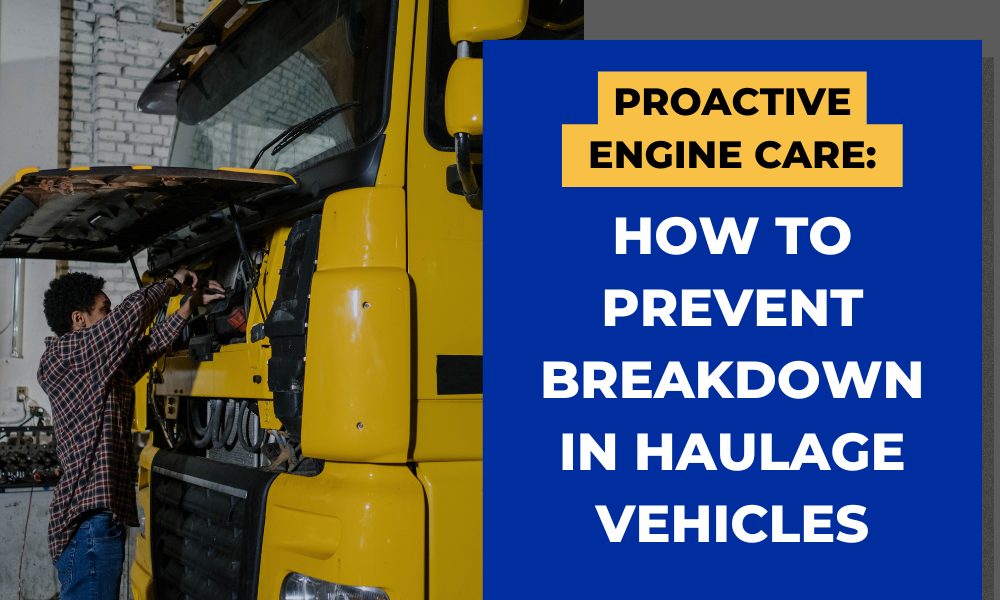For haulage businesses, vehicle reliability is the cornerstone of seamless operations, timely deliveries, and minimised downtime. Ensuring fleet efficiency hinges on proactive engine care. Haulage vehicles endure rigorous workloads, making their engines—the heart of the vehicle—especially vulnerable to wear and tear. Regular maintenance and attention are essential to prevent costly breakdowns.
At WA Haulage Repairs, we specialise in keeping your engines in peak condition. Let’s explore the crucial steps for preventing engine breakdowns, including essential care practices, routine inspections, and key maintenance strategies.
Understanding the Importance of Engine Care for Haulage Vehicles
Engine care for haulage vehicles is not just about fixing problems as they arise—it’s about preventing them from happening in the first place. An engine breakdown can cause significant delays, costly repairs, and in some cases, even legal penalties if deadlines aren’t met. By proactively caring for the engine, businesses can avoid expensive repairs and enhance the longevity of their vehicles, ensuring they remain productive for longer.
When it comes to haulage, where vehicles are often on the road for long stretches, having a well-maintained engine ensures better fuel efficiency, smoother operation, and improved overall vehicle performance. Regular attention to engine maintenance can also prevent hazardous situations that may occur when vehicles experience unexpected mechanical failures.
Regular Engine Inspections: The Foundation of Preventative Maintenance

A critical aspect of proactive engine care is regular engine inspections. These inspections should be carried out at recommended intervals, ideally every 10,000 to 15,000 kilometres, or according to the manufacturer’s specifications. During an engine inspection, qualified mechanics will check various components, including belts, hoses, coolant levels, oil condition, and the engine’s overall performance.
Regular engine inspections allow for the early detection of potential issues that could lead to engine failure. For example, a mechanic might identify a worn-out belt or hose that could potentially snap, causing serious engine damage. Likewise, checking the oil and coolant levels ensures that the engine has the necessary lubrication and cooling required to run efficiently. Additionally, addressing small issues during inspections can prevent them from escalating into costly repairs down the line.
Prevent Engine Breakdown with Routine Oil Changes
Oil is the lifeblood of any engine, and for haulage vehicles, regular oil changes are vital. Engine oil lubricates the moving parts of the engine, reducing friction and preventing excessive wear. Over time, oil breaks down and becomes contaminated, losing its ability to protect the engine properly. A proactive approach involves changing the oil at regular intervals as part of the vehicle’s maintenance schedule.
Not only does changing the oil regularly ensure smoother engine operation, but it also prevents issues such as overheating, corrosion, and poor fuel efficiency, which can occur if the oil becomes dirty or too low. For haulage vehicles operating in extreme conditions, such as heavy loads or long hours on the road, maintaining proper oil levels is even more important.
Fuel System Care for Heavy Vehicles: A Key to Preventing Engine Failure
The fuel system plays a crucial role in ensuring the engine receives the proper amount of fuel for optimal performance. Over time, the fuel system can accumulate dirt, water, and debris that can clog fuel lines and fuel injectors. A clogged or inefficient fuel system can cause reduced engine performance, misfires, or even a complete breakdown.
To prevent engine breakdowns related to the fuel system, it’s essential to perform routine fuel system checks. This includes inspecting and replacing fuel filters regularly. Fuel filters prevent contaminants from entering the engine, ensuring that only clean fuel is delivered to the engine. Failing to replace the fuel filter on time can lead to poor engine performance, and over time, damage to the engine’s internal components.
Additionally, adding fuel additives designed to clean the injectors and prevent water contamination can also help maintain the fuel system’s efficiency. For haulage vehicles operating in areas with high humidity or temperatures, water condensation can build up in the fuel tank, leading to fuel system problems. Fuel system care for heavy vehicles is essential to prevent these issues from affecting engine performance.
Air Filter Replacement for Trucks: Keeping Your Engine Breathing Easy

An often overlooked aspect of engine care is the air filter. The air filter prevents dirt, dust, and debris from entering the engine, where they can cause significant damage to internal components. For haulage vehicles, air filters are particularly important, as they are often exposed to dusty or dirty environments.
A clogged air filter can reduce the airflow into the engine, which in turn reduces the engine’s power and fuel efficiency. In extreme cases, a clogged air filter can lead to engine overheating, which can cause long-term damage. Regular air filter replacement is a simple and cost-effective way to prevent engine breakdowns in haulage vehicles. It’s typically recommended to replace the air filter every 12,000 to 15,000 kilometres, but vehicles operating in harsh conditions may require more frequent changes.
Cooling System Maintenance: Keeping the Engine at Optimal Temperature
The engine cooling system is another vital component to monitor when it comes to engine care. A malfunctioning cooling system can lead to engine overheating, which is a common cause of engine failure. Regular checks of the coolant levels and the condition of the radiator are essential for keeping the engine operating at the correct temperature.
Overheating can lead to warping of engine parts, loss of power, and even engine seizure. To prevent this, haulage vehicles should have their cooling systems flushed and refilled with fresh coolant at the manufacturer-recommended intervals. Ensuring that the radiator is free of debris and the thermostat is functioning properly can also help to avoid overheating issues.
Monitoring and Replacing Key Engine Components
As part of proactive engine care, haulage vehicle owners should monitor the condition of essential engine components. This includes belts, hoses, spark plugs, and timing components. A worn-out or damaged part can lead to poor engine performance or even cause breakdowns.
For instance, the timing belt plays a crucial role in synchronising the engine’s camshaft and crankshaft. If the timing belt breaks, it can cause severe engine damage, and repairs can be costly. By replacing the timing belt at regular intervals, vehicle owners can avoid catastrophic engine failures. Similarly, inspecting and replacing hoses and belts before they wear out or crack can prevent coolant leaks or engine misfires.
Stay Ahead of the Game with Proactive Engine Care with WA Haulage Repairs
Preventing engine breakdowns in haulage vehicles is not only about fixing problems but also about identifying potential issues before they escalate. Regular engine inspections, oil changes, fuel system care, air filter replacements, and monitoring of key engine components are essential to keeping haulage vehicles on the road and in peak condition.
By investing in proactive engine care, haulage businesses can save money on repairs, increase the lifespan of their vehicles, and maintain efficient operations. For those seeking expert assistance with engine care for haulage vehicles, WA Haulage Repairs offers professional maintenance and repair services tailored to the specific needs of your fleet.
With regular attention to engine care, breakdowns can become a thing of the past, allowing your vehicles to perform optimally, ensuring your business stays on the move. Contact us on (08) 9359 0422 to schedule your next proactive engine inspection.

